
by Therry Vissol*, European, exclusive for The diagonales
Despite the criticism, cooperation and solidarity are the strength of the European institutions. Unfortunately, the power of decision belongs to the European Council, i.e. the Heads of State or Government. This favors the permanence of nationalism, which makes the EU weak in areas where its powers are limited or non-existent, for example in the field of health policy, which is under Member States’ responsibility and sovereignty. The EU has only a coordinating role in this field, as clearly stated in Article 168 of the Treaty on the Functioning of the EU (TFEU). But coordinating 27 countries is not easy, it often takes time and leads to agreements “a minima”. To get an idea of these difficulties it is enough to look at those of the Italian government to coordinate the regional administrations.
Another issue concerns mutual aid between European countries. At the beginning of the Covid-19 crisis, France and Germany were assimilated to the EU and accused of selfishness. On the other hand, emphasis was placed on the “generosity” of China, then Russia, Cuba and Albania. But this is not right, and for several reasons.
The reality of European solidarity
The first reason is that the two countries close to Italy have rapidly changed their selfish attitude. Germany, for example, has taken its hospitals some Italian (and also French) patients, as did France in the South of the country. The two States also provided Italy with medical equipment: for instance, France sent to Italy 2 million masks and tens of thousands of medical overalls, but very few media have spoken about this.
The second reason is that the EU, even if with some delay, is mobilizing all its existing instruments to help Member States: structural funds, EIB loans, ECB’s OMT programme (to buy debt securities of the states) and QE (quantitative easing, to give liquidity to the banking system) which, altogether represent € 1150 only for the year 2020. EU is also envisaging new policies and instruments such as the SURE programme to finance policies against unemployment. Despite the difficulties, the EU has managed to coordinate the acquisition and distribution of healthcare equipment, particularly by building up stocks via a general tender. It ensures the cooperation of European researchers and the dissemination of scientific and statistical information through the various existing European agencies. It finances research in the field. There are many other initiatives that would be too long to list. They can be found on various Commission and European Parliament Websites[1].
It is not clear therefore why the President of the Commission, Ursula Von Der Leyen, who has no decision-making power, has twice apologized on behalf of the EU for the delay in helping Italy.

BISLACCHI is Artist for a month on the diagonales
Geopolitics or solidarity?
What about the motivations of Chinese “generosity”? At the beginning of the crisis in January, the EU sent 56 tons of medical equipment to Beijing without publicity so as not to make its government uncomfortable. Not only does China “reimburse” by sending material to Italy and other countries, but it uses this aid to comfort its geopolitical strategy. China is almost the only large-scale producer of health materials and masks. This is the responsibility of the large European and world pharmaceutical groups that have relocated their production there (and partly to India) to reduce production costs. An industrial policy without long-term vision that we now pay bitterly for. If China wants to avoid losing these markets, it must, more than by solidarity, convince its clients that it is a reliable producer. Being at the origin of the spread of the virus (and this is not the first time, even the Spanish flue or the SARS came from China), the help it offers – not only to Italy – more than solidarity is part of its global strategy, to appear, unlike the United States, as a reliable international leader and to restore confidence in the partners of the silk routes program.
In the case of Russian aid, it is obviously welcome. However, in this case too are we a long way to selfless “solidarity”. Not only do the Russians try to make us forget their numerous interferences in the functioning of our democracies during the Brexit or national parliamentary elections, the financing of Eurosceptic parties, etc., but at the same time as they offer (often defective) aid, they continue their relentless work of disinformation through websites, social networks and media such as Sputnik. So much so that the EU Foreign Service has created, for several years now, a special “EU East StratCom Task Force” to detect and dismantle this fake news such as: “Democracy and freedom prevent Europe from fighting the virus efficiently“, “The virus was created in NATO laboratories“, “Global elites use measures against the virus to introduce tyranny” and so on. As of March 26, 152 cases of fake news have been identified[2]. However, it must be noted that China follows the same path of disinformation, as demonstrated by the “Alliance for Securing Democracy” website[3] …
Instead, the help of Cuba and Albania cannot be minimized. Despite the American blocus since 1960, Cuba has a great reputation in the medical and pharmaceutical fields. The search for cooperation between the EU and Cuba dates back to 1995[4]. Since November 2017, the Union has signed a political dialogue and cooperation agreement with Havana, particularly in the fields of culture, energy, agriculture and economic modernization. Cooperation arrangements for trade and investment have been organized to avoid the extraterritorial effects of the US Helms-Burton Act, adopted in 1996 under the Clinton Presidency. This Act was further tightening the existing embargo and penalizing foreign companies doing business with Cuba. The EU actions have first allowed its easing and facilitated President Obama to normalize Cuba’s relations with America. However, some of the provisions of Helms-Burton Act, never completely abolished, were reactivated by President Trump in 2019.

For Albania, the “do ut des” is even more important. In addition to the special relations between Italy and Albania, the EU, since the fall of the regime, has helped the country and not only financially. After the terrible earthquake of November 2019, it coordinated a global aid of € 1.15 billion from the Union and the Member States, then last March it disbursed € 50 million to help the fight against the Coronavirus emergency. Finally, the EU Council decided unanimously to start negotiations for Albania’s accession to the Union.
It is true that EU policies, decision-making mechanisms and the size of its budget (only around 1 % of EU GDP (the US federal budget represents more than 20 % of US GDP) are complex and therefore little known to the public (and often to politicians themselves), not to mention non-specialist journalists. Yet it is not very difficult to find this information, precisely because it is public.
If the peoples of the Union really wanted more solidarity, it would be necessary to take one more step towards the cession of other elements of sovereignty and evolve towards a true federation of States, as Altiero Spinelli and the European federalists dreamed of 75 years ago. Not going in this direction is to take the risk of a further weakening of the EU and to make our countries depend on one or the other of the great world powers and wait for their alms.
[1] Principiles of the EU health policy: https://europa.eu/european-union/topics/health_it# ; list of legislations:https://eur-lex.europa.eu/summary/chapter/public_health.html?root_default=SUM_1_CODED%3D29&locale=it Horizon 2020 – Health, demographic change and wellbeing work programme 2018-2020 – https://ec.europa.eu/research/participants/data/ref/h2020/wp/2018-2020/main/h2020-wp1820-health_en.pdf ; List of the research projects and intiatives to contrast the corona virus and prepare for possible other crisis: https://ec.europa.eu/info/research-and-innovation/research-area/health-research-and-innovation/coronavirus-research_en – Informations on the IPCR : https://www.consilium.europa.eu/it/policies/ipcr-response-to-crises/ EU Commission’s website on Coronavirus: https://ec.europa.eu/info/live-work-travel-eu/health/coronavirus-response_it
[2] The Task Force publishes every Thursday a Disinformation review accessible free of charge on the web : https://euvsdisinfo.eu/disinfo-review/
[3] https://securingdemocracy.gmfus.org/about-us/ – Alliance for securing Democracy is a bipartisan centedr hosted by the German Marshall Fund of United States specialized in tracking disinformation and in the political integrity. It publishes weekly synthesis Hamilton 2.0 : https://securingdemocracy.gmfus.org/hamilton-dashboard/.
[4] See the Commission Comunication to the European Council and European Parliament : “Relations between the EU and Cuba” of June 28th 1995: https://eur-lex.europa.eu/legal-content/IT/TXT/PDF/?uri=CELEX:51995DC0306&from=ES

*Thierry Vissol, European with French origins, economist, historian and columnist, is Director of the Center “Librexpression”- Foundation Giuseppe Di Vagno (LIBEX) a Euro-Mediterranean Centre for the promotion of freedom of expression and political satire. He holds a Doctorate in Macroeconomics and a Technology University Diploma in Mechanics. Former EU Commission official, he contributed to the European Monetary Union preparation (1980-2002), and to its audiovisual strategy (2003-2016). He pursued his activity, started in 1975, of lecturer in Economics, History of Economic Thought and Social Philosophy, in various universities in France, Belgium and USA. Author of numerous scientific papers and books. Last book published: “Europa matrigna, Sovranità, identita, economie” Donzelli, 2019. He is Knight of the French Republic « Légion d’Honneur ».
DURANDO Christian, Italian, cartoonist born in 1974 in Turin Savoy. Always passionate about art and illustrations and satirical cartoons. He currently publishes his cartoons on various websites and web magazines including “Vignettisti per la costituzione“, “Toons Mag“, “Pagina21.eu“… and works as nurse at the hospital Le Molinette in Turin.

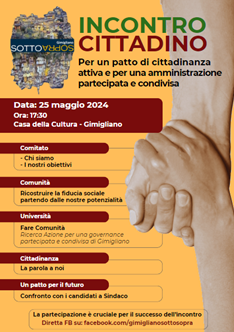
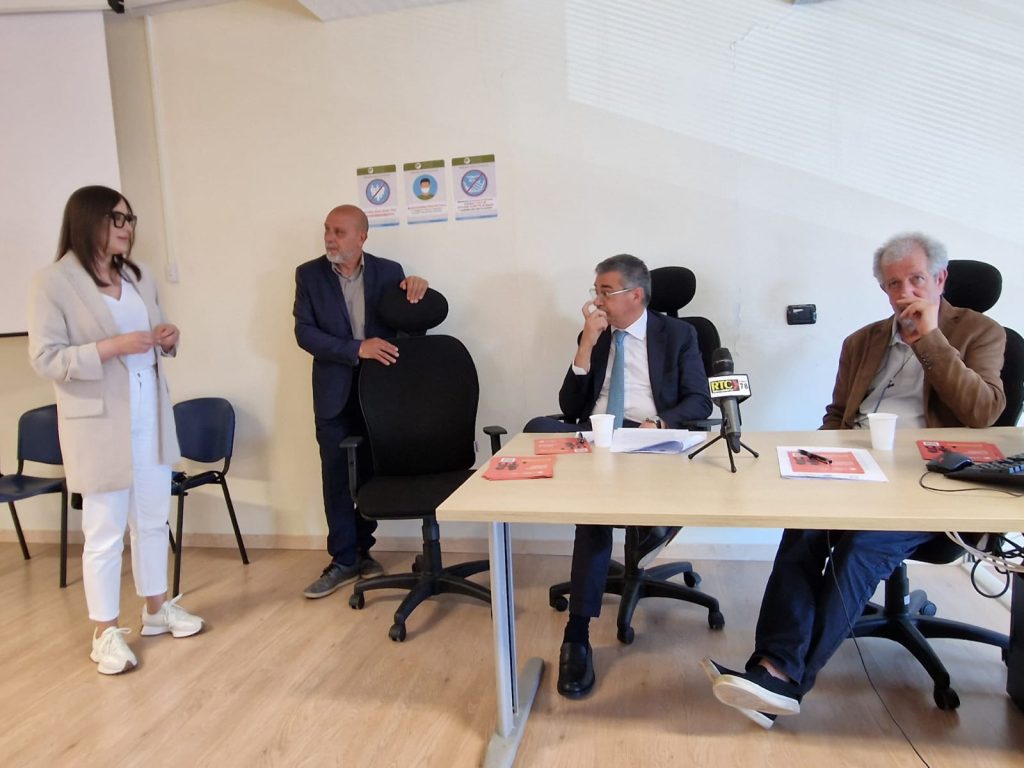
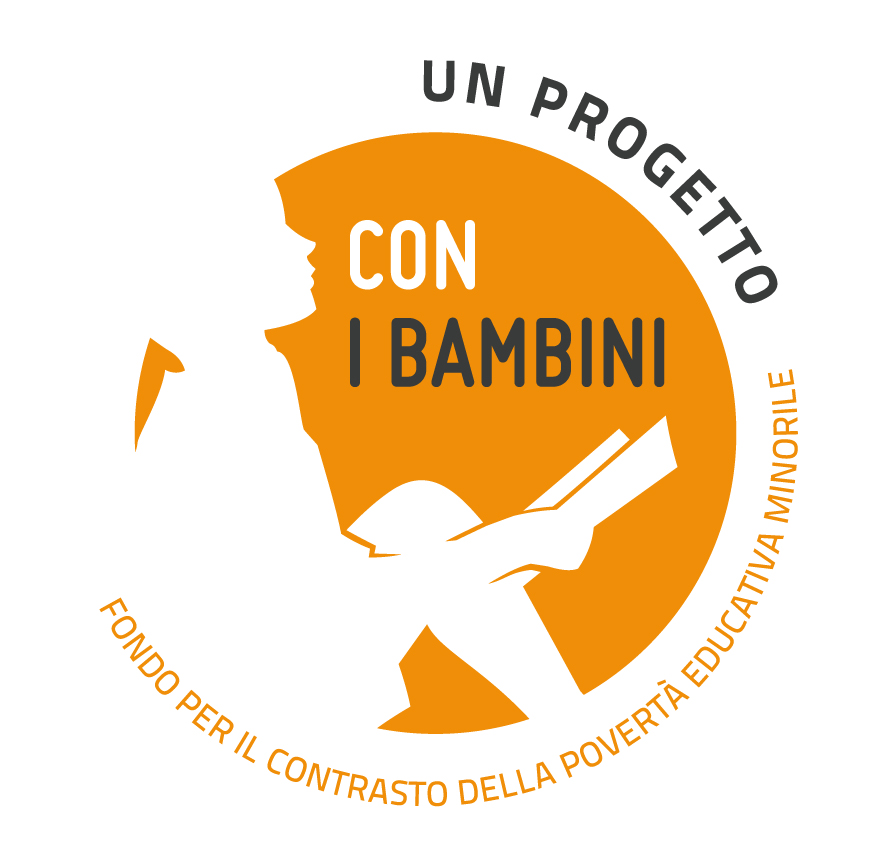
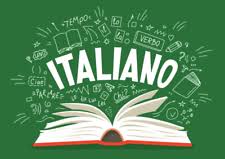
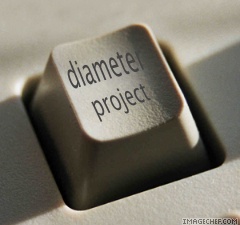
Devi effettuare l'accesso per postare un commento.